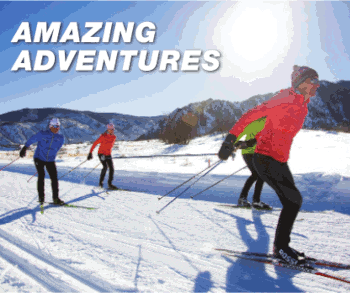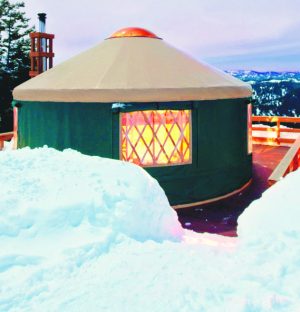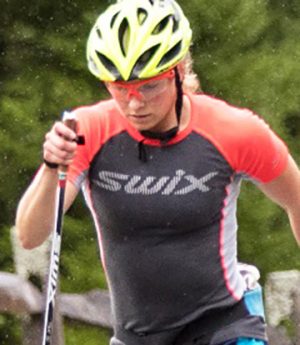Regardless of whether you are skiing or not, now is the time for you to evaluate this past year and to think about your goals for next year. Most of you have been evaluating your year as the year has gone on, but I caution you to take a rest before you do your final evaluation.
Sometimes in the heat of the battle we make decisions about our training and racing that are way too subjective and influenced by our fatigue and results. You should never make decisions when you are tired and it helps a lot if you have someone like a coach who can be objective to help you with this evaluation.
Your evaluation should not just be about results, either. Sit down with a pen and paper or your computer and go through everything that has to do with being a cross-country ski racer.
First you need to look in your training diary at your training. If you have done this correctly you should have more than just numbers but also a day-by-day report of your training year. A good training diary will answer all the questions – how much, how, what, when, where, why and how you were feeling each day. Go through it day by day and see if you can come up with some patterns. Find out what training you were doing and how it affected you and your race results.
All too often skiers think that total training volume is the only number that matters, but if that were the case then the person who does the most hours is the winner. It is not just about how hard you work or how much you do, but how you have put together the mix of all the training elements that is most important.
Did you race fast and peak when you wanted to? If your mix was correct then this would have happened. If not, and you raced poorly at big races, or worse, you were sick then you had the mix wrong. Find out what you did before you skied fast in races and see if you can do this before your big races next season.
Physical training is only one “tire” on the car, however. For your car to roll fast down the ski trail you also need to evaluate your skills and abilities in the other three “tires”.
Take a look at your technique. Without good technique you cannot translate good fitness to going fast. Give yourself a mark for all of the various techniques that you use in skiing, both classic and skating. Don’t forget corners, down hills and transitions.
You will need to evaluate your psychological skills and tactical skills as well. Psychological skills include confidence, positivity, anxiety control, motivation, dealing with pressure, concentration and focus, visualization, perseverance and many others.
Did you write out or make race plans for your races? Did you know exactly what you should be thinking about during every step of every race or did you “lose the plot” and start thinking negative thoughts like how much it hurt or how slow you were going, what others were doing, etc.
Lastly you should evaluate your life skills as they relate to being a skier. Take a look at your interpersonal and communication skills with other teammates and coaches. How was your diet? Did you get enough rest and recovery? Were you able to balance skiing with school/work and your social life? Were the decisions that you made every day consistent with those of a 24/7 skier?
Once you have done a proper evaluation ask someone (preferably your coach) who knows you well to do the same evaluation from their point of view. You will find a lot of similarities in these evaluations, but also a lot of differences. It is important to have both points of view.
Now you can begin your goal setting for next year based on this evaluation. You should have goals in all of the areas listed above, not just in results. In fact, results goals are the hardest to figure out because they are based on what others do and you cannot control this. All of your goals that you set should be totally ones that you control.
Your goals should all be SMART goals:
S – specific
M – measurable
A – achievable
R – realistic
T – time framed
In the next edition of the Sasseville Report I will talk about what this means and how you can use your goals to help you to improve.






![National camp action [P]...](https://skitrax.com/wp-content/uploads/2019/08/Duluth-4-2019-08-08-at-10.46.51-AM-300x246.png)
![Matt Liebsch on the CXC Elite Team [P] CXC...](https://skitrax.com/wp-content/uploads/2019/08/Matt-Liebsch-CXC.2-525x700.4-300x267.jpg)
![Dan LaBlanc [P]...](https://skitrax.com/wp-content/uploads/2019/08/Dan-LaBlanc-img_1855.3.jpg)

![Jack Sasseville [P] skitrax.com](http://skitrax.com/wp-content/uploads/2011/04/Jack-Sasseville-3-DSC01290-200x266.jpg)